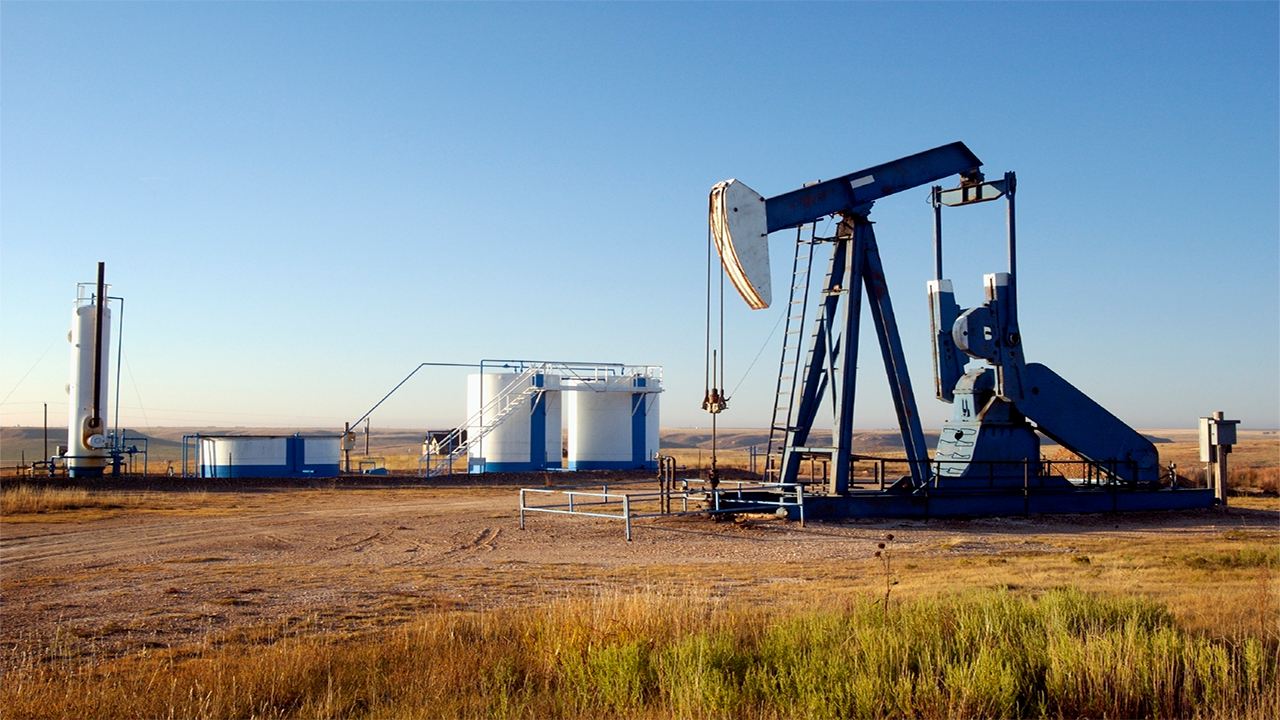- Helping Ultra-high Net Worth Nigerians on Wealth Transfer
Businesses are emerging to help the increasing number of ultra-high net worth Nigerians manage their wealth and save family businesses from collapse, DANIEL ESSIET reports.
Individual wealth in Africa last year totalled $2.2 trillion, according to AfrAsia Bank’s Africa Wealth Report 2017.
The report also said there are about 145,000 high net worth individuals in Africa, with combined wealth holdings of about $800 billion.
According to the report, there are 7,010 multi-millionaires living in Africa, which is a 19 per cent increase in the last 10 years. Some of them are Nigerians. Steady economic growth and a surging stock market are among the factors behind the rapidly swelling ranks of affluent Nigerians.
Interestingly, the nation’s super-rich are increasingly turning to private businesses to manage their money. While banks can give investment advice, family service firms now offer services covering issues confronting modern business family from succession and taxation to philanthropy and alternate investments.
Sensing an opportunity, wealth advisory firms are emerging.
Speaking during the launch of Andersen Tax in Lagos, its Managing Partner, Mr Olaleye Adebiyi, said the firm has created a private wealth unit to help ultra-high net worth individuals stay wealthy. Dedicated to serving high net worth clients, he said the practice is focused on supporting individuals and businesses as key element of their wealth management.
According to him, the rich are particularly concerned about preserving their fortunes, hence, the firm has assembled experts with experience in the different asset class to act as family advisers.
He explained that the experts within the unit have successes in building and sustaining trusted relationships with wealthy individuals.
Adebiyi said while a lot of Nigerian family businesses are performing and growing well, family businesses face some significant challenges. Perhaps first among these is the issue of succession.
He said that some business owners expected to retire have not created a significant transition. As a result, lot of family business created decades ago have had challenges changing leadership.
To this end, Adebiyi said Andersen Tax Nigeria is taking up the responsibility of ensuring striving family businesses can outlive their owners through professional management that enable leadership to pass smoothly from one generation to the next.
He also noted that preparing and training the next generation as well as improving financial literacy among family members are critical success factors to building businesses that will outlast the founder’s generation.
He noted that Nigerians need dividends of tax money to encourage compliance.
He announced that previous Andersen professionals are returning to the firm after having built their independent tax advisory practice. The new team significantly expands its resources of private client service.
Minister of Industry, Trade and Investment, Dr Okechukwu Enyinna Enelamah said the return of firms such as Andersen is hailed as proof of the nation’s potential as a driving force for Africa.
According to him, some of the government’s incentives are aimed at encouraging international firms to set up offices in Nigeria.
Despite its challenges, he said Nigeria has some advantages in terms of rankings for governance and for ease of doing business.
Across the world, he said the need for knowledge-based services is expanding, adding that Nigeria is a big market for services in accounting, legal and advisory services.
While many of the opportunities are ripe for taking, he noted that they are not without challenges.
With the government’s drive to attract international investment in agriculture, energy and infrastructure, he said firms with existing expertise such as areas are well placed to capture the opportunities.
For many of the most successful professional services firms, he said launching a business in Nigeria market has served as a springboard to expansion.
Enelamah urged the firm to commit itself to building capabilities – the skills, knowledge, and networks needed to understand clients and customers build trusted relationships and negotiate to achieve mutual gains.
According to him, Nigeria has considerable economic potential. As the economy recovers after years of sluggish growth, the government, he said, is working towards building the economy of the future for Nigerians.
The Executive Chairman, Federal Inland Revenue Service (FIRS), Mr Babatunde Fowler said tax is still important for Nigeria to establish an enabling environment and provide infrastructure for growth.

 Naira4 weeks ago
Naira4 weeks ago
 Naira4 weeks ago
Naira4 weeks ago


 Naira4 weeks ago
Naira4 weeks ago




 Naira3 weeks ago
Naira3 weeks ago
 Commodities4 weeks ago
Commodities4 weeks ago


 News4 weeks ago
News4 weeks ago


 Banking Sector4 weeks ago
Banking Sector4 weeks ago
 Travel4 weeks ago
Travel4 weeks ago
























